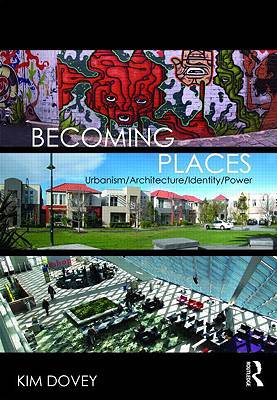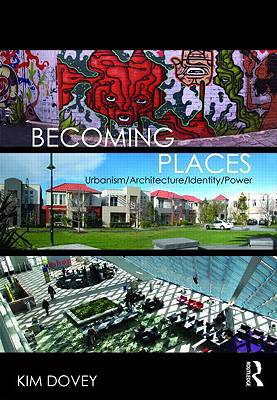
- Retrait gratuit dans votre magasin Club
- 7.000.000 titres dans notre catalogue
- Payer en toute sécurité
- Toujours un magasin près de chez vous
- Retrait gratuit dans votre magasin Club
- 7.000.0000 titres dans notre catalogue
- Payer en toute sécurité
- Toujours un magasin près de chez vous
Description
About the practices and politics of place and identity formation - the slippery ways in which who we are becomes wrapped up with where we are - this book exposes the relations of place to power. It links everyday aspects of place experience to the social theories of Deleuze and Bourdieu in a very readable manner. This is a book that takes the social critique of built form another step through detailed fieldwork and analysis in particular case studies.
Through a broad range of case studies from nationalist monuments and new urbanist suburbs to urban laneways and avant garde interiors, questions are explored such as: What is neighborhood character? How do squatter settlements work and does it matter what they look like? Can architecture liberate? How do monuments and public spaces shape or stabilize national identity?
Les avis
Nous publions uniquement les avis qui respectent les conditions requises. Consultez nos conditions pour les avis.







